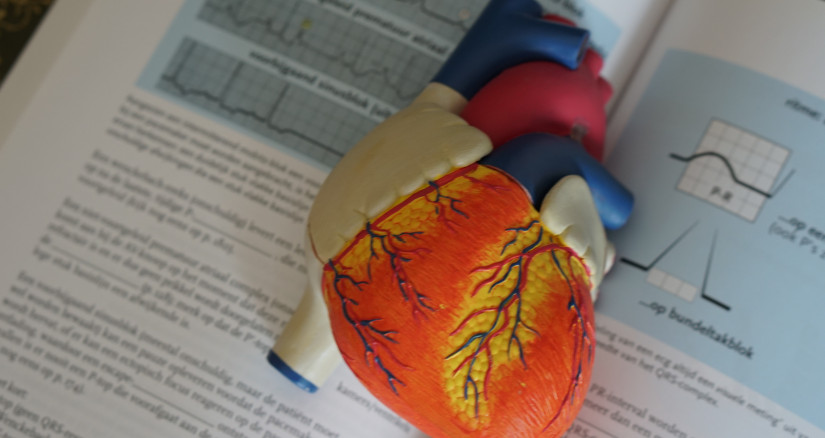
Review of Canine Dilated Cardiomyopathy
Two years ago, BSM Partners teamed up to provide a comprehensive, board-invited review article of the current literature on dilated cardiomyopathy in dogs. Since being published in the Journal of Animal Science in June 2020, it has sat at the most read article for over 18 months, is in the top 5% of all research outputs, and in the 98th percentile for high attention scored by Altmetrics. Additionally, this article is #1 from JAS's outputs of similar age and #12 on outputs from JAS. Currently, this article has been cited over ten times and in two book chapters. The article has over 105,500 views and more than 4,600 downloads.
The researchers concluded that more research needs to be conducted to fully understand if there is a link to grain-free diets and dilated cardiomyopathy and if there is, the mechanism of action. As it stands, from current literature, canine dilated cardiomyopathy is a multi-factorial disease including, but not limited to, genetic, nutritional, environmental, and concurrent disease components.
Read the full article HERE.
Abstract
Dilated cardiomyopathy (DCM) has been in the literature and news because of the recent opinion-based journal articles and public releases by regulatory agencies. DCM is commonly associated with a genetic predisposition in certain dog breeds and can also occur secondary to other diseases and nutritional deficiencies. Recent communications in veterinary journals have discussed a potential relationship between grain-free and/or novel protein diets to DCM, citing a subjective increase in DCM in dog breeds that are not known to have a genetic predisposition for the disease. This literature review describes clinical presentations of DCM, common sequelae, treatment and preventative measures, histopathologic features, and a discussion of the varied etiological origins of the disease. In addition, current literature limitations are addressed, in order to ascertain multiple variables leading to the development of DCM. Future studies are needed to evaluate one variable at a time and to minimize confounding variables and speculation. Furthermore, to prevent sampling bias with the current FDA reports, the veterinary community should be asked to provide information for all cases of DCM in dogs. This should include cases during the same time period, regardless of the practitioner’s proposed etiology, due to no definitive association between diets with specific characteristics, such as, but not limited to, grain-free diets and those containing legumes, novel protein diets, and those produced by small manufacturers to DCM in dogs. In summary, in order to determine if certain ingredients, categories of diets, or manufacturing processes are related to an increased risk of DCM, further studies investigating these variables are necessary.
Sydney R McCauley, Stephanie D Clark, Bradley W Quest, Renee M Streeter, Eva M Oxford, Review of canine dilated cardiomyopathy in the wake of diet-associated concerns, Journal of Animal Science, Volume 98, Issue 6, June 2020, skaa155, https://doi.org/10.1093/jas/skaa155
Follow us on LinkedIn for the latest updates on all things happening here at BSM Partners.
About the Author
BSM Partners’ Production Innovation, Nutrition, and Regulatory Services teamed up to summarize key points on minimums. Together, their combined experience in formulation, nutrition, and regulatory guidelines is more than four decades of experience.
This content is the property of BSM Partners. Reproduction or retransmission or repurposing of any portion of this content is expressly prohibited without the approval of BSM Partners and is governed by the terms and conditions explained here.